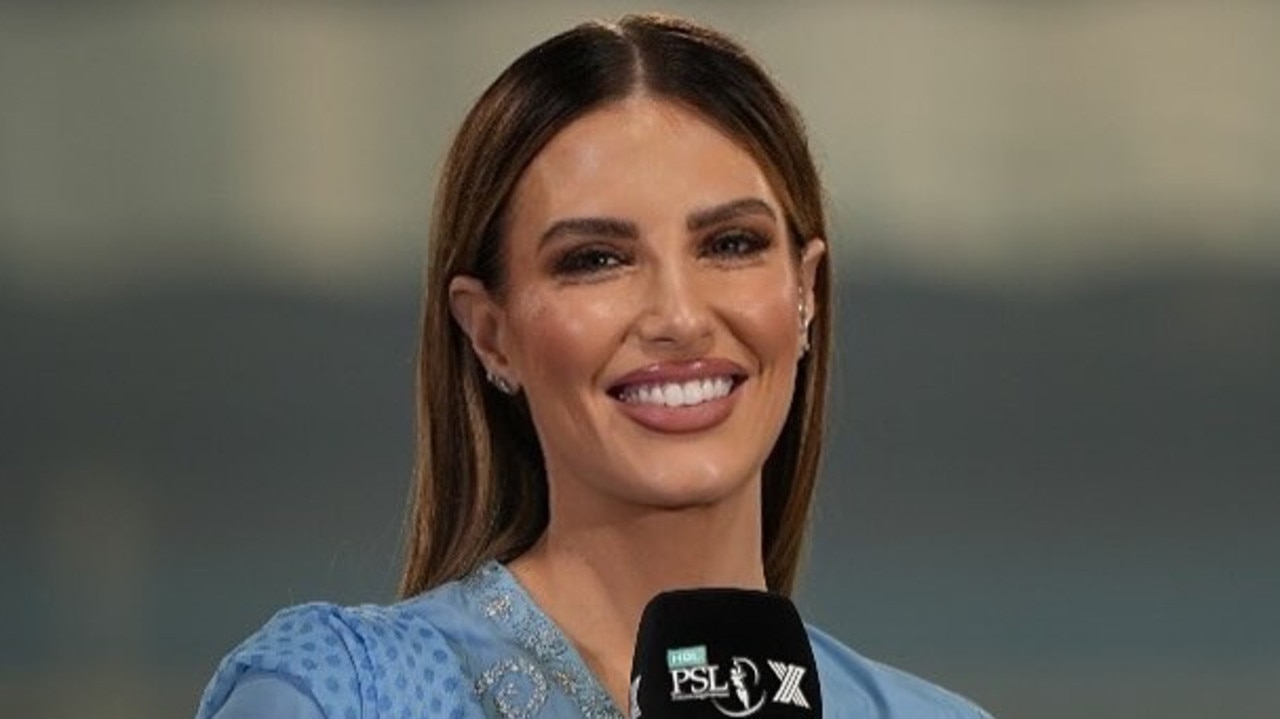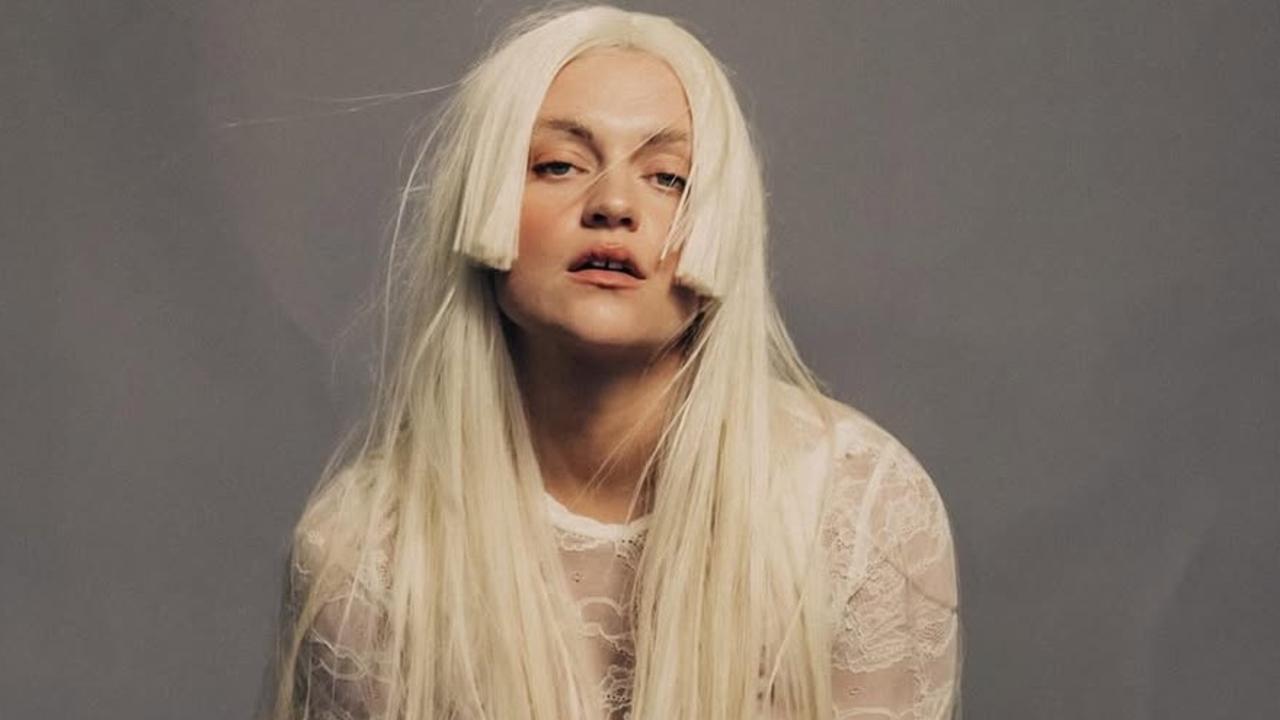Midnight Oil manager explains how streaming killed the Aussie rock star
Streaming has decimated the Australian music industry, with one prominent manager claiming “musicians have to be ‘influencers’ as well musicians”.

Confidential
Don't miss out on the headlines from Confidential. Followed categories will be added to My News.
Streaming has decimated the Australian music industry, according to almost everyone who works in it.
“These days musicians have to be ‘influencers’ as well musicians if they want to get noticed,” one of Australia’s most prominent artist managers told The Daily Telegraph.
John Watson, 59, whose client roster includes iconic Aussie acts like Cold Chisel, Missy Higgins, Gotye and Midnight Oil, said it “breaks [his] heart” to think of “leaving the business worse than [he] found it”.
“What Australians need to understand about the industry today is, this isn’t a bug,” he said. “This is a feature. This is a direct consequence of the way that music discovery now works.”
“I don’t know if it’s worth being a musician right now,” Amy Shark echoed last week. “It’s really not worth it.”


The Australian Idol judge and 8-time ARIA-winning singer complained that someone in her Sony Australia record label team was asking her to make more TikToks, YouTube shorts, Instagram reels, and other types of social media content: “Can you be more present on Tinder, Grindr, LinkedIn, and realestate.com,” Shark “exaggerated” in the video, ironically posted to TikTok.
“I’m so tired,” Voice Australia judge Guy Sebastian commented in solidarity.
This comes amid cancellations of major music festivals like Splendour In The Grass and Groovin’ In the Moo, and a recent Musicians Australia survey that found nearly half of Australia’s working musicians are making less than $6000 a year.

“Music discovery used to happen in mainstream media outlets, who were forced by rule of Government regulation (flawed though it was), to program a certain amount of local content,” Watson explained.
“So on radio and television you had to have a certain amount of Australian artists.”

Now, most people find songs on algorithmic or curated playlists – most of which are programmed internationally, Watson said.
In an algorithmic playlist, hundreds of tracks are preloaded into a pool. You, the listener, are served up the 20 or 30 that you’re most likely to listen to. But unlike a local radio station, that pool isn’t going to give Aussie artists the advantages they had in the 80s and 90s.
“So the best way to get your neighbour to hear your music if you’re an Australian rapper, is to move,” Watson said. “Get yourself programmed onto the Rap Caviar playlist in New York or Los Angeles, and to a lesser extent London.”
In a statement provided by Spotify Australia, the streaming service said that 15 of their top 20 playlists listened to by Australian audiences are “curated by dedicated teams with an emphasis on surfacing Australian music.”
In total, Spotify Australia programs 160 playlists, 24 of which are dedicated to “local artists only,” a spokesperson added. “When a local alternative to a popular global editorial playlist is available, Australian listeners favour the local version.”


However, not even Australia’s stream queen claims to know what all the numbers mean for “career longevity” since Spotify killed the radio star and in turn, TikTok took over.
Tones and I beat Taylor Swift to a mega-streaming milestone in February, with her global smash Dance Monkey making Toni Watson the first female artist in the world to hit three billion streams.
Before the 2019 song hit No. 1 in 20 countries, it was a local attraction on the beachfront streets of Byron Bay.
“I popped up just before TikTok and now TikTok makes it so easy for artists to reach a massive fanbase anywhere in the world,” Tones told The Daily Telegraph.
“But I don’t know if that makes it easier to have longevity in your career. I haven’t figured that out.”

Ant Celestino, Head of A&R and General Manager of ONE LOVE, Australia’s globally-recognised dance music label, said he saw some record label people “completely untethered,” after Universal Music Group pulled its music catalogue from TikTok in January.
The ‘big three’ record label removed millions of songs – by everyone from Lady Gaga to Post Malone – after failing to come to terms with the app over a new licensing agreement.
“It’s a sad state when the executives behind the music rely solely on data to estimate what they should be working on,” Celestino said.
Although TikTok and Universal reached a new agreement in May, “during that period when TikTok became an uncertain factor, some record label people didn’t know where to look for what they should be signing.”
“It’s great that if someone’s doing something exciting in their bedroom the world can discover it,” Watson said.
“But if you base it ALL on what’s already viral, or current consumption data, you’re going to lose that essential element of someone having an opinion about what’s good,” Celestino concluded.

DJ Tigerlily, one of Australia’s hottest EDM exports, said it’s “one hundred times more difficult to break through,” as a new artist now. “TikTok, social media, and Spotify are totally changing the game with how people consume music,” she said.
In some ways, it seems like they make it easier to be seen and heard by more people, across more channels.
“But everyone’s a singer now, a DJ, a producer – so every channel is oversaturated.”
The 31-year-old also singled out Sydney’s dwindling night-life as an obstacle.
“When I was starting out 13 years ago, there were hundreds of venues that you could approach for a gig and now there’s less than half, maybe a fifth even of what there was.”
Tigerlily would get up at 1am and play Soho nightclub’s closing set until 5am.
“I remember sticking my fake eyelashes on and going what’re you doing? This is so crazy! Now, a lot of these venues don’t exist anymore,” she said. “A pandemic. Lockout laws. Alcohol laws. It’s impacted so many different people and businesses, but also young artists and the opportunity they have to show people what they do.”
WHAT NOW?
For the best part of 40 years, up until streaming became the dominant form of music discovery, Watson says Australians took a great deal of pride in having our unique sound.
“In the 70s you had this period where you had Countdown, Double J, rock music magazines, and the start of Mushroom Records,” Watson said.
“All of those things combined to create the start of this really burgeoning pub rock thing that became massive. Bands like Midnight Oil and INXS, and Crowded House, who cut their teeth in that scene, became arena-level artists that took on the world.”
“If you grew up in the ‘80s, like I did, Midnight Oil and Cold Chisel were every bit as important to me as the international stars. I had their posters up on my wall right alongside Bruce Springsteen and U2.”
The ‘90s grunge wave of “Triple J darlings” was the millennial generation’s version of the same thing, he said, with homegrown heroes taking the pub scene out to major festivals like Big Day Out.

While pop and hip hop were – and still are – the dominant music genres in most of the Western world, in Australia it was rock and singer-songwriter music.
“The music business then worked as a series of gatekeepers,” Watson said.
One thousand artists would compete for one of one hundred managers, who would try to get them signed to one of 20 record deals. Ten of those signed artists would be made a promotions department priority, then go to radio.
“That radio station is God and they choose which of 10 artists to play, and then and only then, does the audience get a say in if this is something they want or don’t want,” Watson said.
But when you have to top the global music charts, or go viral on social media, before a local radio station will play your song – it’s a different ball game.
“If you look at the share of Australian artists in the end of year charts, from the arrival of streaming, you will start to see a precipitous decline that’s now got to the point where there are no Australian songs in the in the Top 100 of last year,” Watson said. “One of the primary reasons for this is the place where people discover music is not a place programmed in Australia, where there used to be forms of advantage. It’s in a place where you’re shut out unless you’re already popular in the US.”
“A problem that’s got this many causes is going to require a lot of different solutions,” he told The Daily Telegraph.

It also means we need to make world-class pop and hip hop.
“1) We need to be hyper focused on export because the silver lining of the streaming problem is that it’s easier for Aussies to access other markets than ever before,” Watson said.
Putting aside the exceptions of US-based success stories like Troye Sivan and The Kid Laroi, Celestino said: “Australia struggles with pop music”.
“We don’t have major systems geared up to developing artists in Australia anymore — people to work on songs, marketing, and trying to develop these people as stars.”
So the second thing we need to do is “bridge the pop and hip hop gap”, Watson said.
“At the creation phase, how do you get more Australians access to the world’s best producers so they’re able to produce internationally competitive recordings?”
And as for bringing back the “head start” that radio quotas once provided?
“There’s an argument that we should legislate quotas, similar to what we have for radio, onto streaming platforms,” Watson added. “So in Australia, a certain number of Aussie artists have to be added to curated, data-driven playlists and algorithmic pools.”
He is also backing the Michael’s Rule campaign, that was pitched last week by the Australian Recording Industry Association (ARIA) and Association of Artist Managers.
Michael’s Rule would see high-profile overseas artists like Taylor Swift and Billie Eilish required to include an Australian artist as their concert opener.
ARIA CEO Annabelle Herd pointed out that Swift, the 1975, Harry Styles and Ed Sheeran all rocketed up the charts when they were in the country recently.
“Tours play massive roles in discovery and provide important support slots for Aussie artists to connect with new fans,” she said.
“At the local level, these tours provide huge opportunities for Australian artists via support slots, which can connect our artists with whole new fan bases. Doing whatever we can to get our local artists in front of new audiences is the most important issue facing our local industry.”
Do you have a story for The Daily Telegraph? Message 0481 056 618 or email tips@dailytelegraph.com.au



